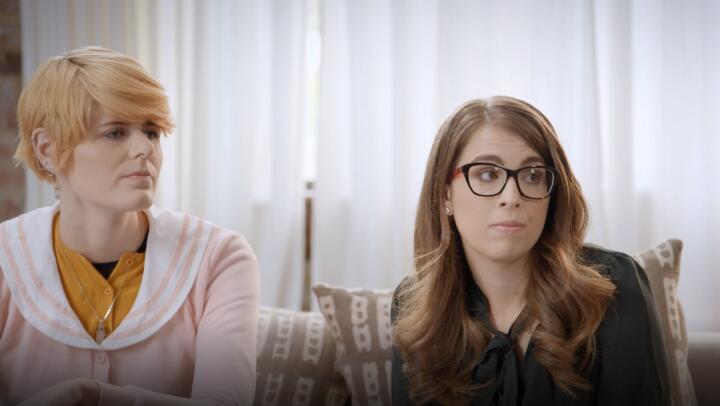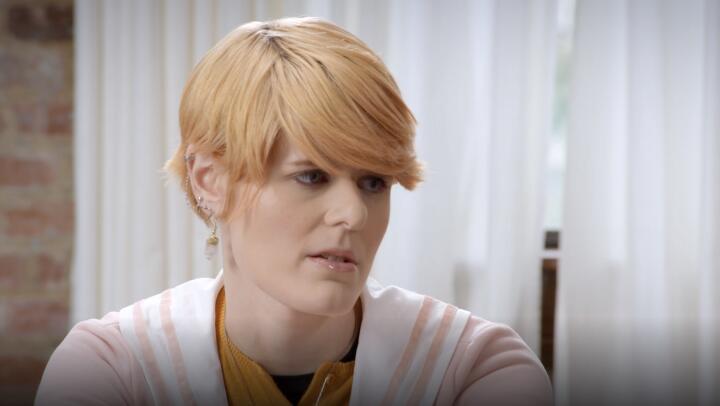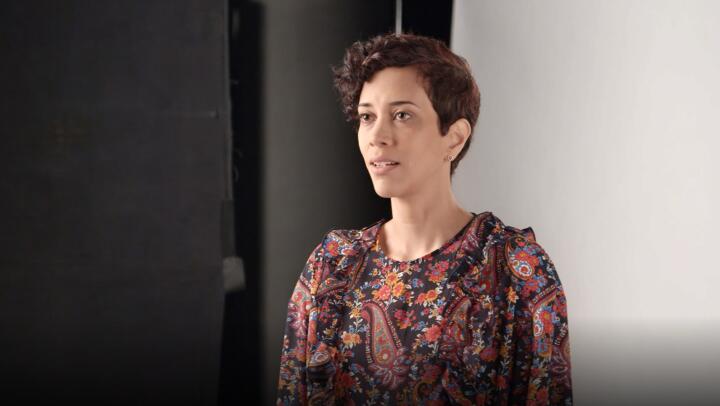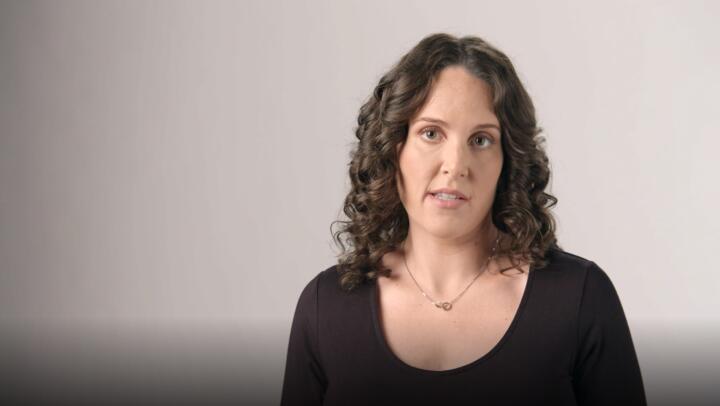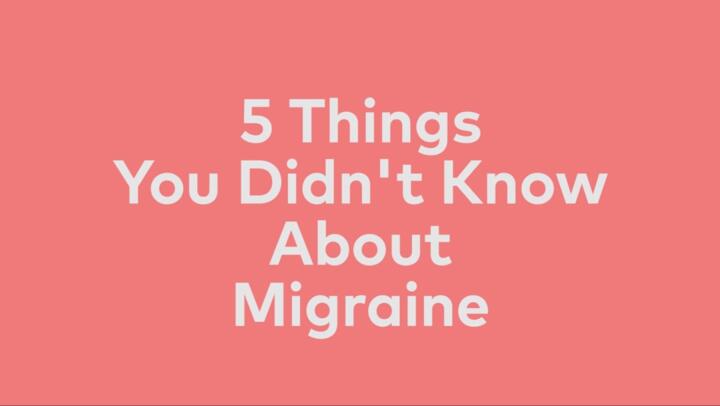
Dizziness is a feeling of lightheadedness or even a feeling that you could fall or pass out. Dizziness is often temporary for most people, but in more severe instances, it can be accompanied by nausea, vomiting, clamminess or cold sweat, imbalance, and fainting.
While not a medical condition on its own, dizziness and dizzy spells can be symptoms that result from many factors, ranging from relatively harmless to life threatening. Either way, dizziness—especially when combined with other symptoms—should never be taken lightly.
When to seek emergency care for dizziness
In some cases, dizziness can be caused by more serious, life-threatening conditions like heart attack or stroke. Call 911 immediately if your dizziness is associated with:
- a severe headache
- falling or trouble walking
- chest pain or an irregular heart rate
- shortness of breath
- facial weakness or numbness
- a sudden change in speech, vision or hearing
- a high fever
- vomiting
- leg or arm weakness
- loss of consciousness
- seizures
Dizziness treatment at home
Treating less severe dizziness focuses on stopping the sensation of feeling unbalanced or lightheaded. Some of the following tactics can reduce dizzy spells and help pinpoint the severity of the dizziness:
- breathing deeply
- sitting or lying down
- drinking water
- eating something
- focusing on a particular spot
avoiding bright lights
If dizziness persists or gets worse, or is accompanied by additional symptoms, seek immediate care (call 911).
Common causes of dizziness
In many cases, dizziness occurs due to a temporary situation or condition. Once the root cause is treated, the dizziness also goes away. Some common causes of temporary dizziness include:
- anemia, or low iron in the blood
- anxiety
- certain medications
- concussion
- dehydration
- hypoglycemia, or low blood sugar
- inner ear problems including benign paroxysmal positional vertigo (BPPV), middle ear infection (otitis media), and migraine effects
- motion sickness
- panic attacks and panic disorder
- reduced blood flow to the brain from such underlying causes as orthostatic hypotension, dehydration, or cardiovascular disease
Many different medications, including antidepressants, high blood pressure medicines, and sedatives also can cause dizziness. If you take medications, look at the drug information label for known side effects, and tell your doctor about the dizziness. Your doctor can help determine if one or more of your medications could be the cause.
If you have been diagnosed with a chronic condition such as anemia or diabetes, tell your doctor about dizzy spells so you can adjust your lifestyle or treatment as needed. If you do not have a current diagnosis and experience dizziness, see your doctor to determine if it’s related to an underlying condition.
Who to see for dizziness
In temporary cases of dizziness, your primary care provider can evaluate your symptoms with your medical history to determine if you may have an underlying chronic condition. Depending on your diagnosis, your doctor may refer you to a specialist, such as an ENT (ear, nose, throat) doctor, endocrinologist, cardiologist, or hematologist.
In urgent and emergency care situations, such as dizziness with other heart attack or stroke symptoms, an emergency doctor will treat your acute condition, then refer you to an appropriate specialist for further treatment.
Dizzy spells are a common physical experience for many people. By knowing when dizzy spells could signal a chronic or emergency condition, you can take prompt action and find effective—possibly life-saving—treatment.





